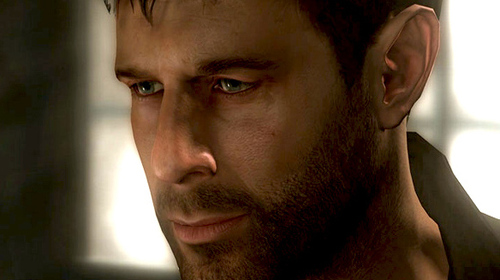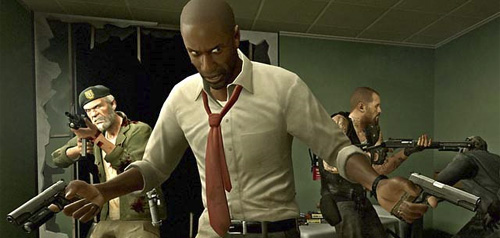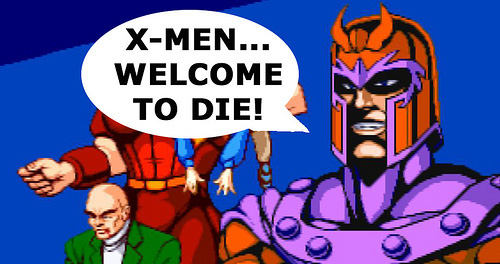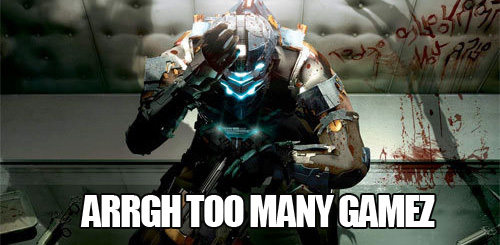It’s been said often, but Bioware is the developer that gets the most praise when it comes to infusing a game with player-made choices (and more recently, Quantic Dream). However – is choice always the best route that a developer can take? Could choice restrict or limit game design? Could choice make a game less interesting?
That’s the question that Robert Green at Gamasutra poses this week. Green discusses the choices in games that have mattered most to him, and the ones that really fell flat. He makes some spot-on points about good and bad choices just for the sake of having them, and how they don’t really add much to a game. Green also waxes eloquently about how putting players into a class or upgrade box before giving them all the information they need is limiting for the player as well.
I totally agree with the assertion that players need more information before choosing classes and certain upgrade paths. The skills you have at the end of the game can make or break its enjoyment, and I hate not knowing what becomes more important later on. I’ve spent dozens of upgrade points leveling up completely useless things before in games, and it’s fairly irritating. I also agree with the idea that hard choices are better than simple morality choices.
What do you guys think about how choices are being used in games? What choices have felt too simplistic or not impacting? Which choices have really stuck with you?
Source – Gamasutra


 It’s a brand new year, so it’s time for a brand new edition of Would You Rather, that game where you answer questions and give us awesome rants and diatribes about life, gaming and what you had for dinner.
It’s a brand new year, so it’s time for a brand new edition of Would You Rather, that game where you answer questions and give us awesome rants and diatribes about life, gaming and what you had for dinner. 



 If everyone else gets to make “Best of the Year” lists, then by golly, so do we. Only, instead of the trite awards that every other site dishes out, we try to be a bit more creative with our end of year awards, bestowing unique honors that bring both shame and glory. That’s right: it’s time again for the annual Sushi Awards.
If everyone else gets to make “Best of the Year” lists, then by golly, so do we. Only, instead of the trite awards that every other site dishes out, we try to be a bit more creative with our end of year awards, bestowing unique honors that bring both shame and glory. That’s right: it’s time again for the annual Sushi Awards.








